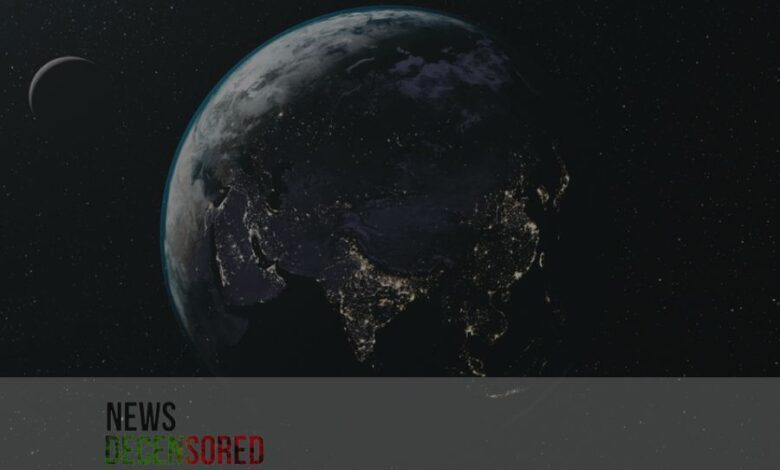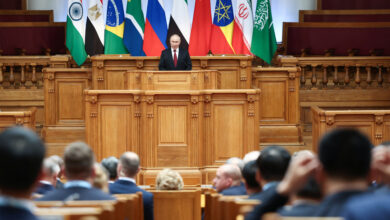A Second Disappears: How Our Actions are Affecting Earth’s rotation and Time Itself

Our perception of time, meticulously measured in hours, minutes, and seconds, is about to experience a subtle shift. A new study published in Nature reveals that due to human-driven climate change, the Earth’s rotation is speeding up, leading to the unprecedented need to remove a second from our clocks in the coming years.
Traditionally, the Earth’s rotation dictated the length of a day. However, this rotation isn’t perfectly constant. Factors like activity within the molten core and changes on the Earth’s surface can cause slight variations. These minute shifts have necessitated occasional adjustments in the form of “leap seconds,” one-second additions to clocks to maintain alignment with the Earth’s rotation.
Until now, all leap seconds have been positive additions. The new study, however, predicts a first: a “negative leap second.” This means removing a second from our global timekeeping system, coordinated universal time (UTC). The culprit? A surprising interplay between melting polar ice and the Earth’s core.
The relentless melting of polar ice due to global warming plays a crucial role. As ice melts and water redistributes across the globe, it alters the Earth’s mass distribution and rotation speed, acting like a figure skater slowing down by extending their arms. This melting has a significant impact, delaying the need for a leap second by about three years, pushing it from 2026 to 2029.
However, the story doesn’t end there. The Earth’s molten core, a fiery sphere roughly 1,800 miles below the surface, also plays a part. This core spins independently, and changes in its rotation can influence the overall Earth’s rotation. While the reasons for these core changes remain a mystery, the study suggests the core is currently slowing down. This, in turn, causes the solid outer shell to compensate and speed up to maintain momentum.
The combined effects of a slowing rotation due to melting ice and a speeding-up solid shell due to core changes result in a net acceleration of the Earth’s rotation. This acceleration necessitates the removal of a second to keep UTC aligned with the Earth’s rotation.
While a single second may seem insignificant, the implications for complex computer systems are substantial. Many systems rely on precise timing, down to a thousandth of a second, for functions like stock exchange transactions. Removing a second introduces a potential for errors as not all systems are equipped to handle this unprecedented adjustment.
The study’s significance extends beyond technical challenges. It highlights the profound ways human actions are impacting the planet. The fact that melting ice, a direct consequence of burning fossil fuels, has measurably altered the Earth’s rotation serves as a stark reminder of the urgency of climate action.
For most people, life might continue as usual with the removal of a second. However, the study offers a powerful message. It connects the seemingly abstract concept of climate change to a tangible consequence, a change in the very fabric of time itself. It serves as a wake-up call, urging us to acknowledge the interconnectedness of our actions and the planet’s well-being.




